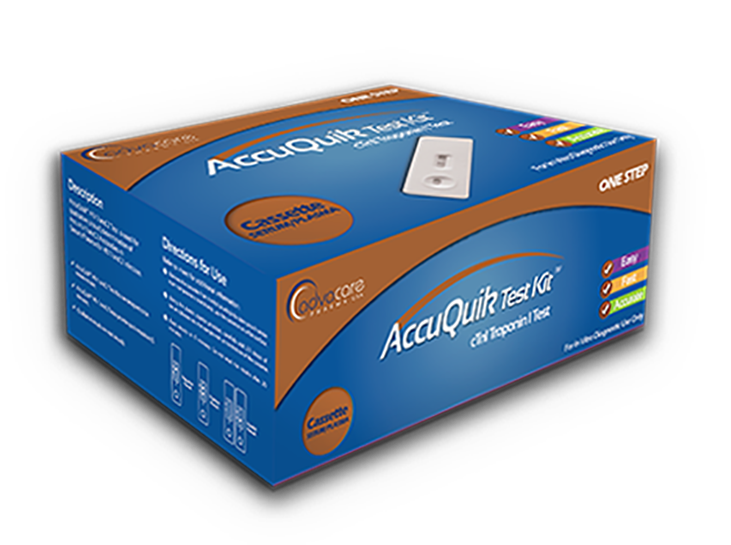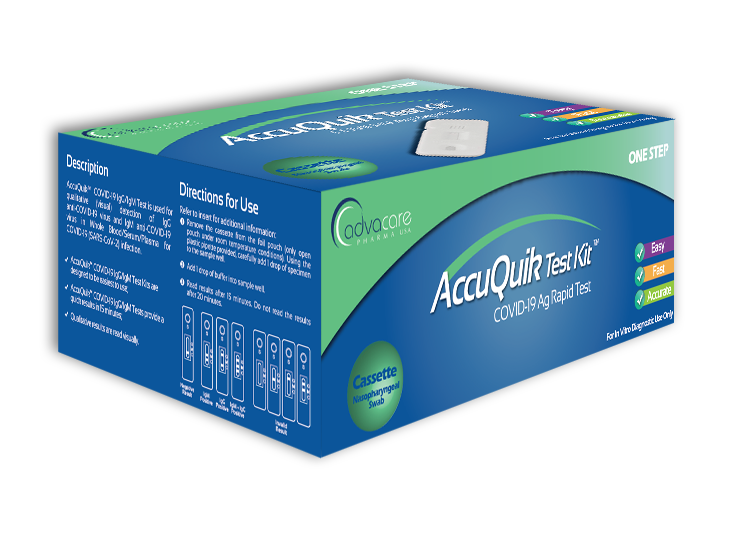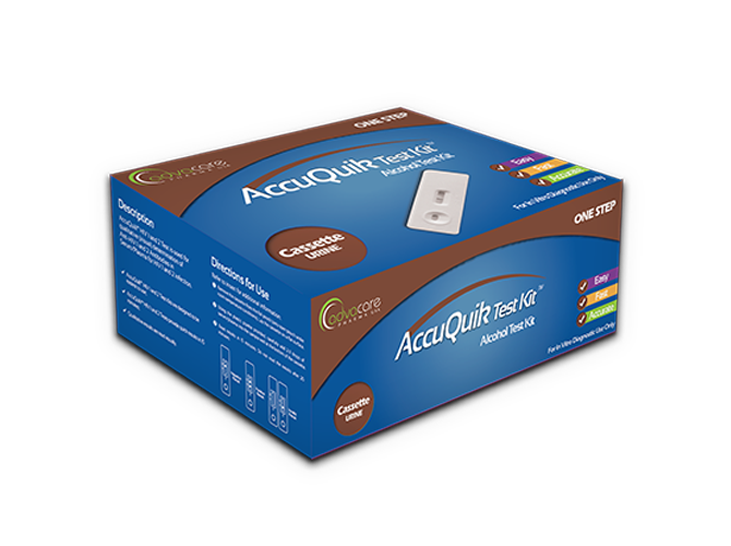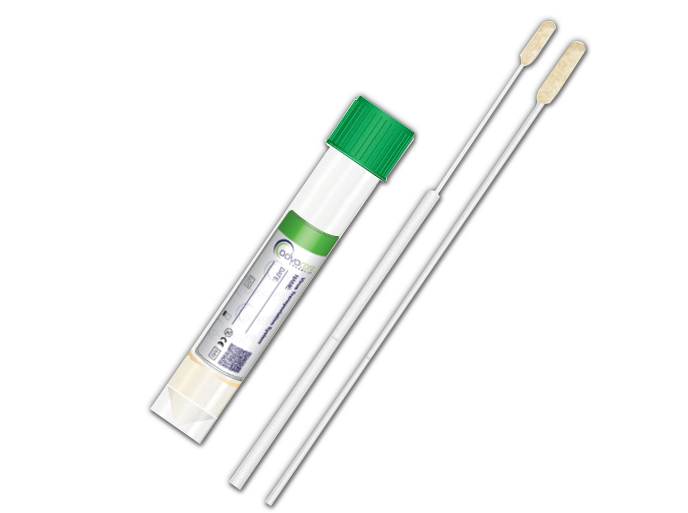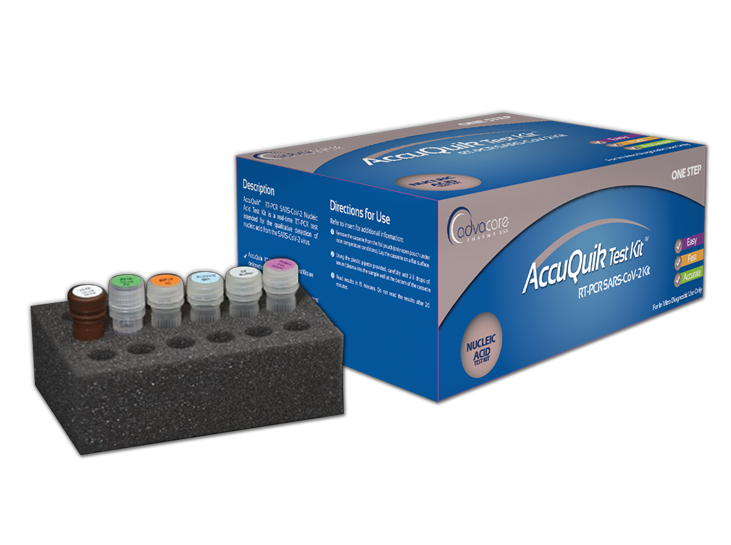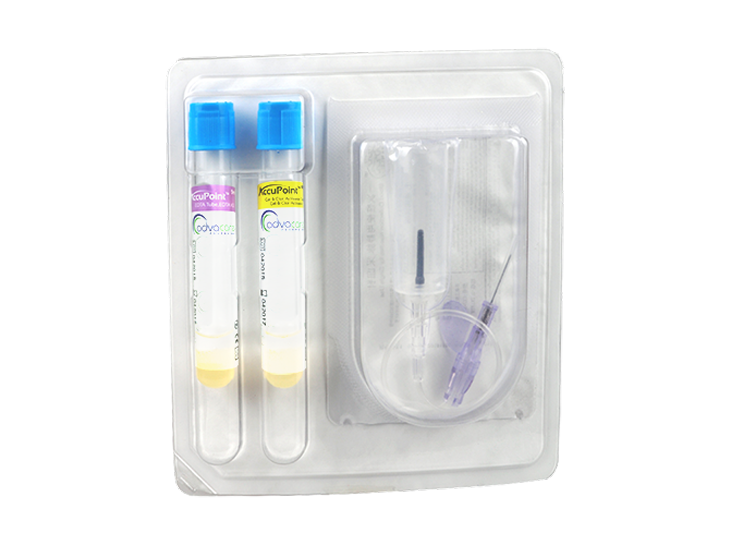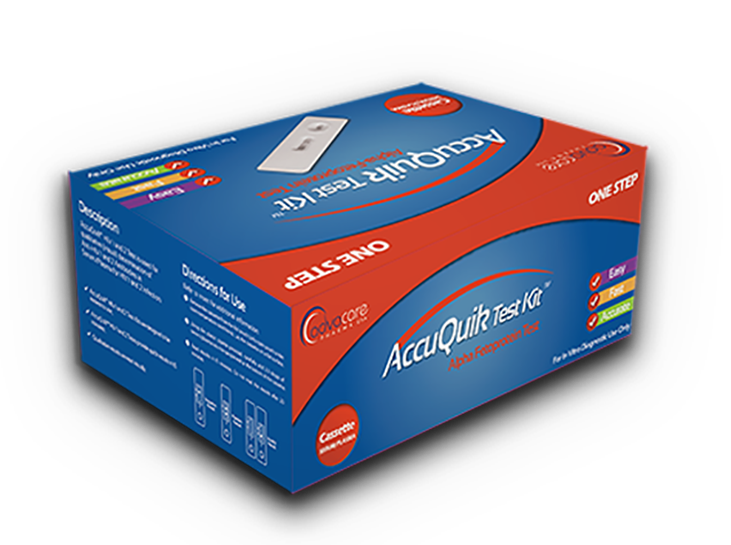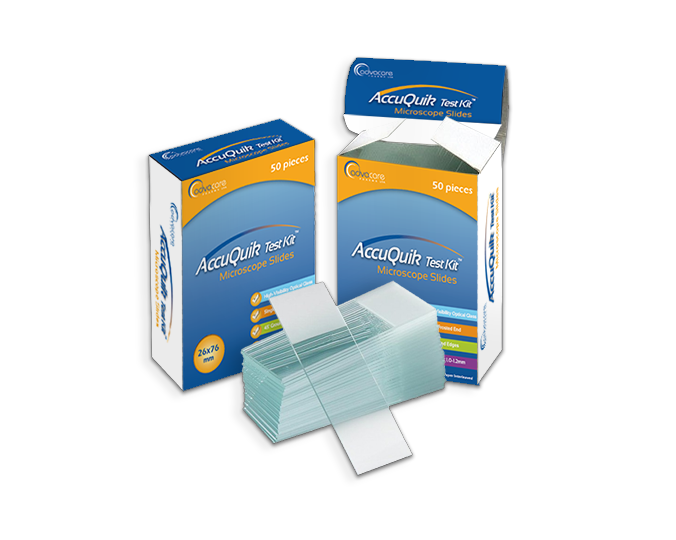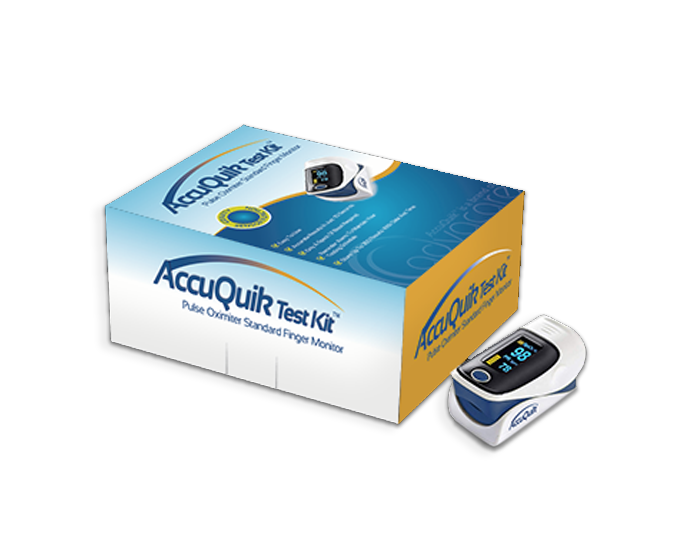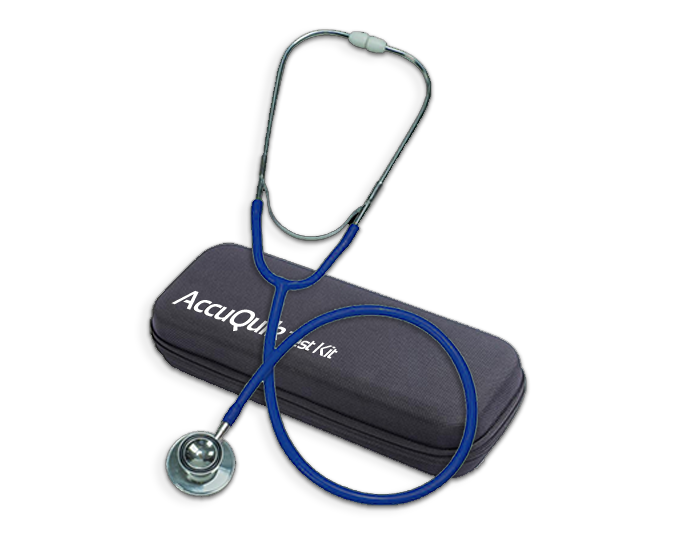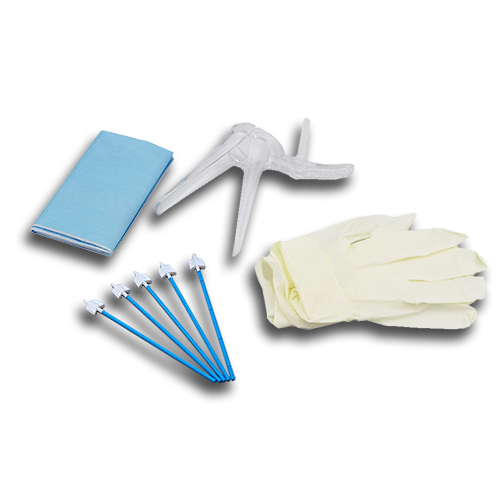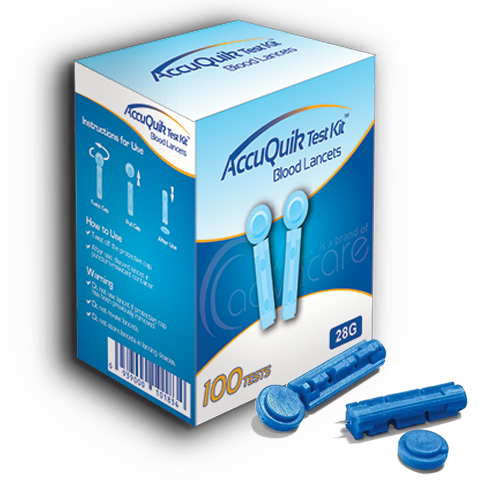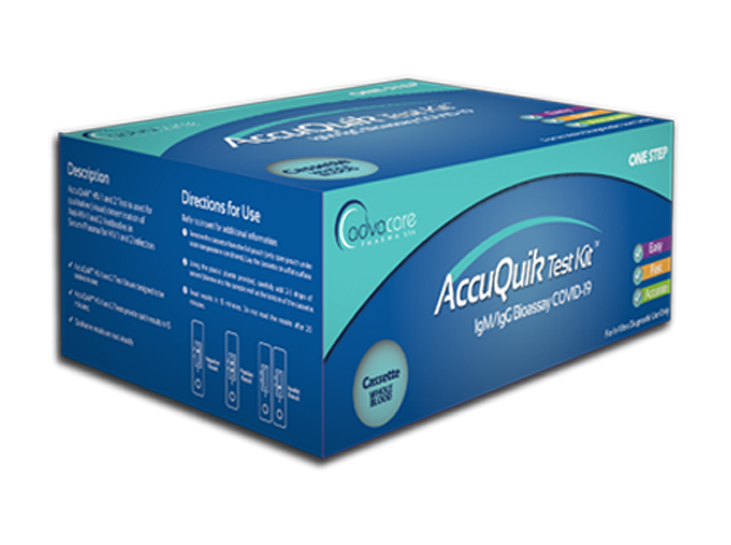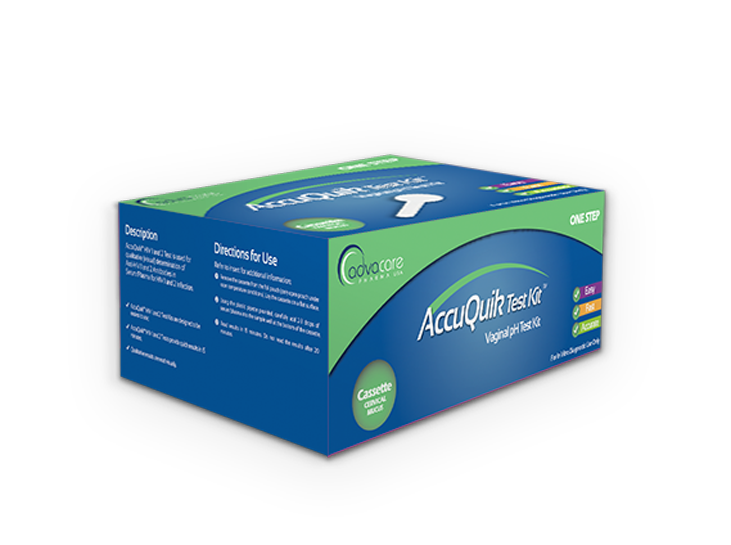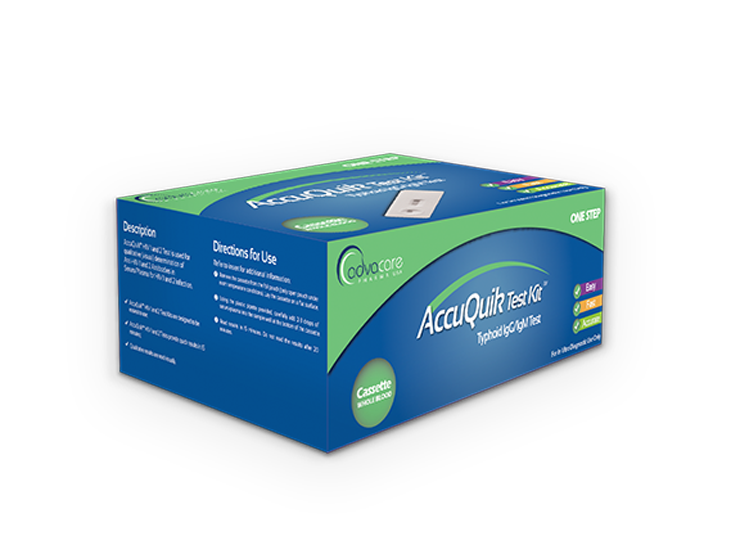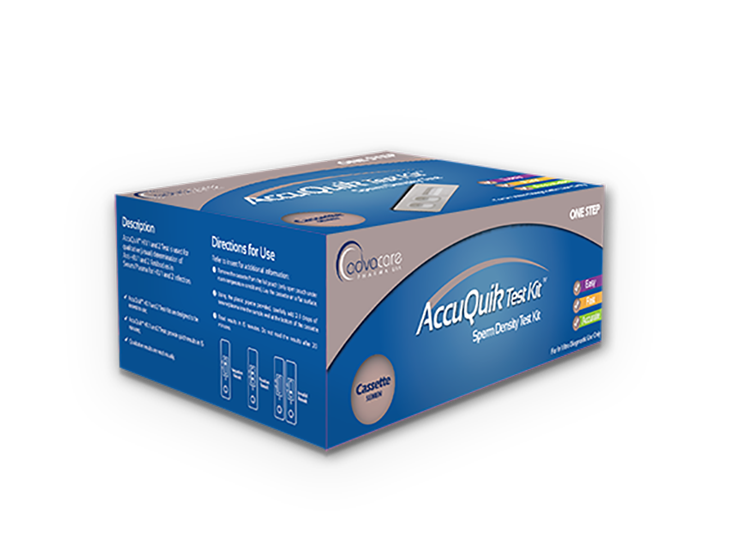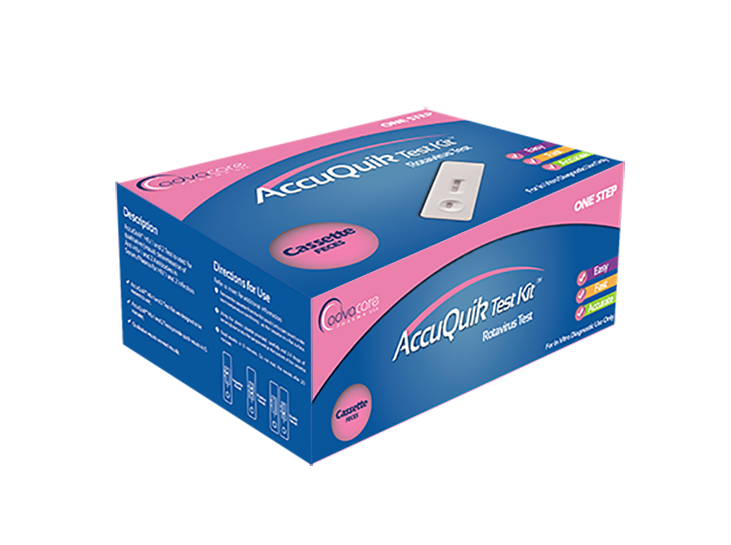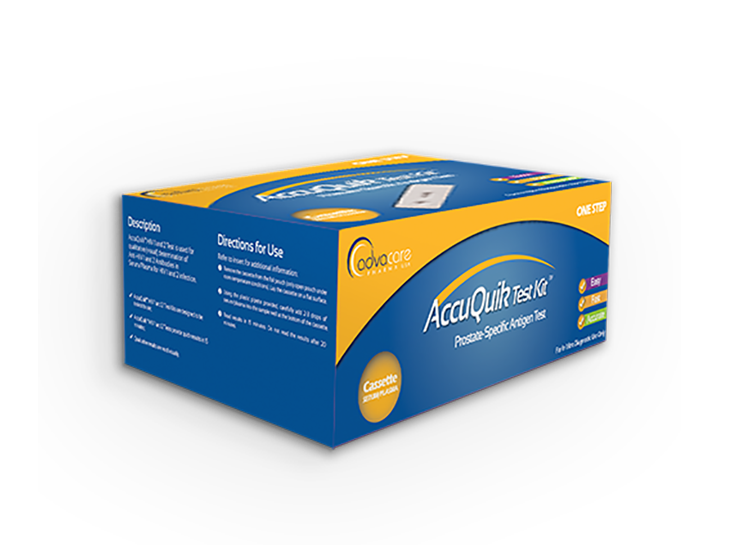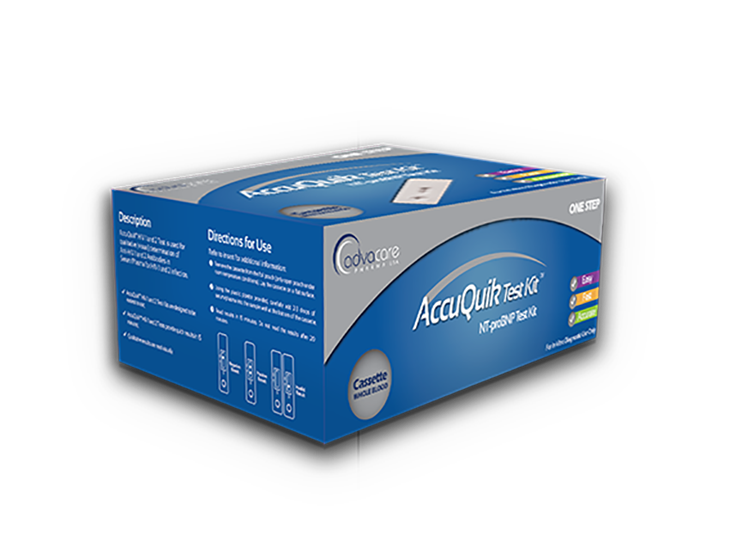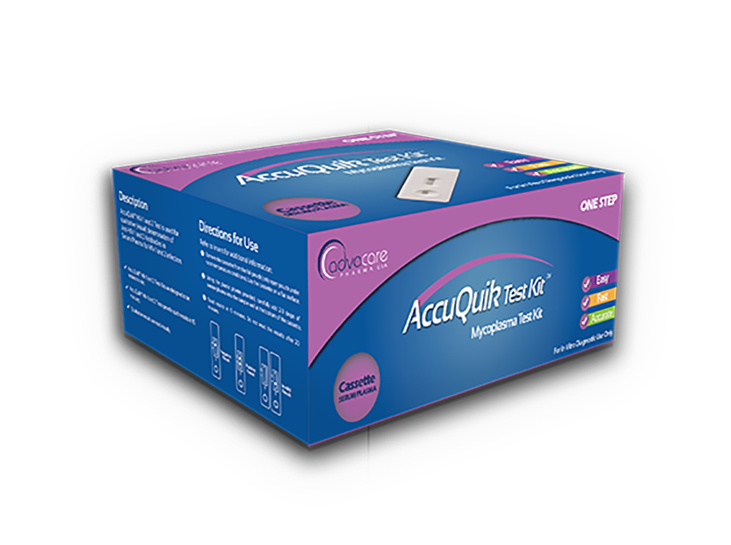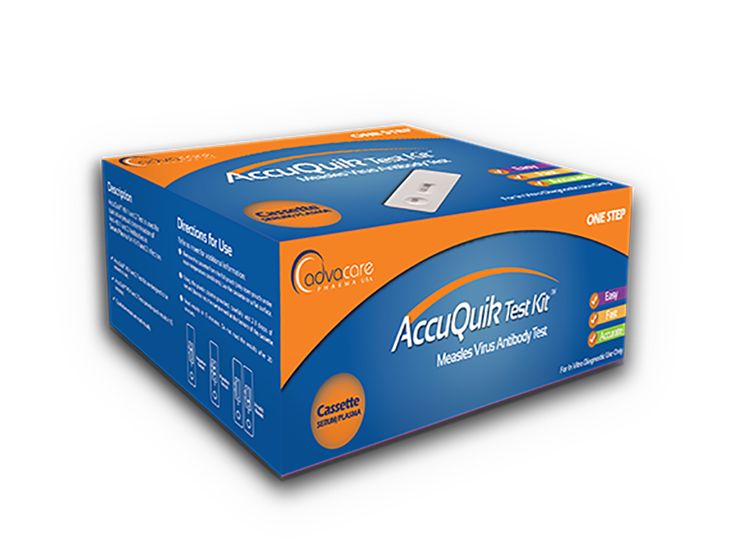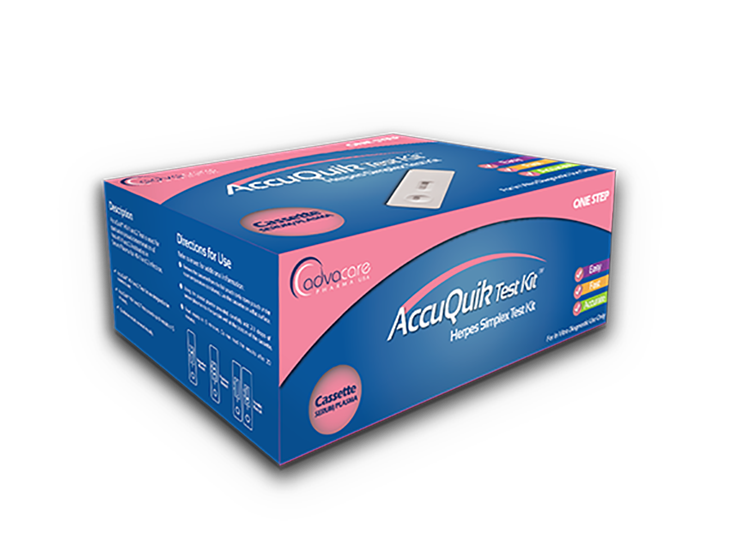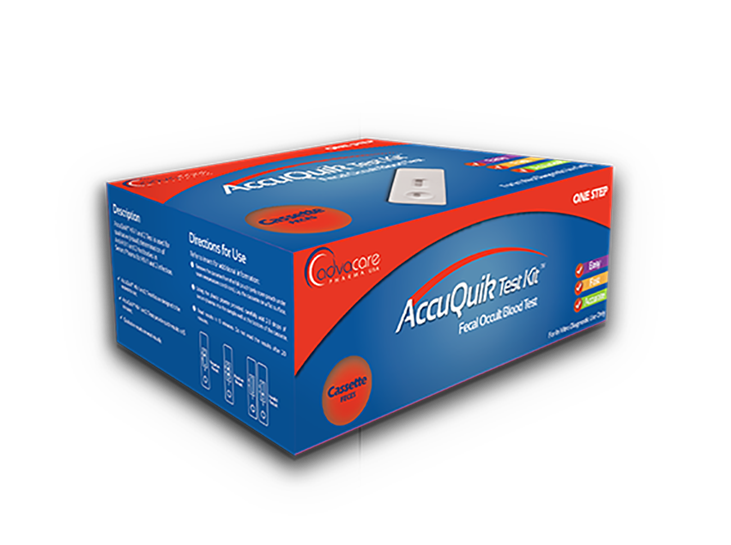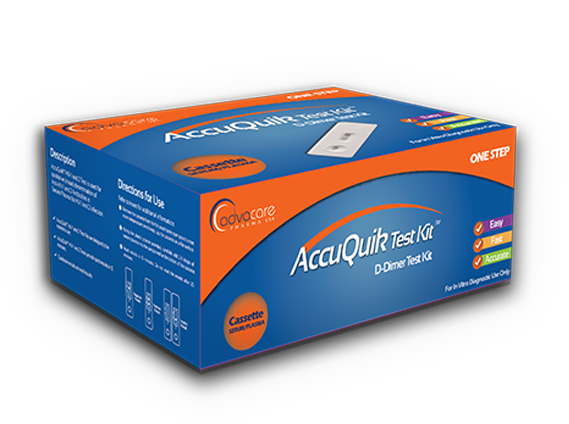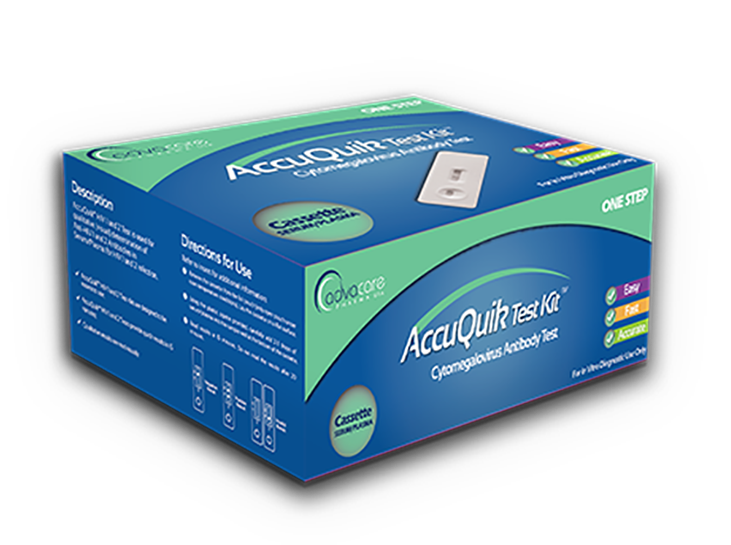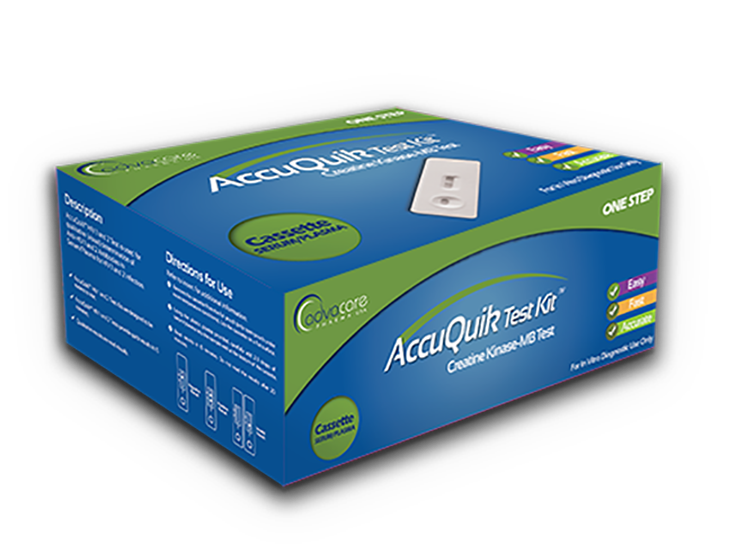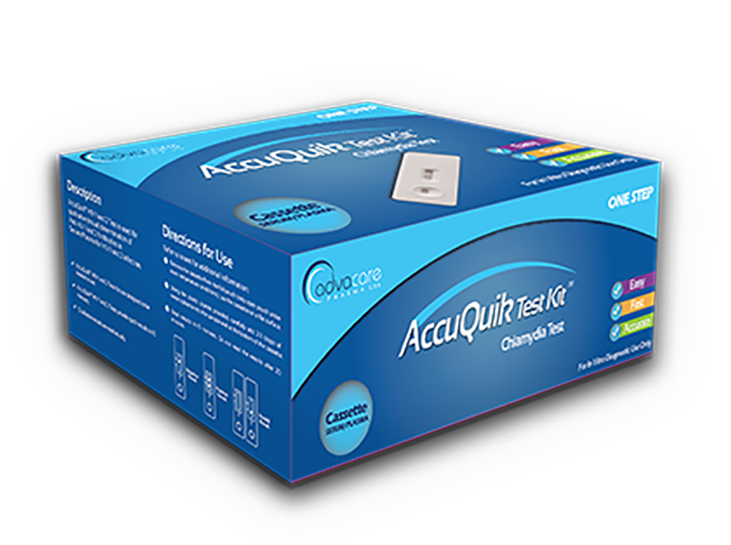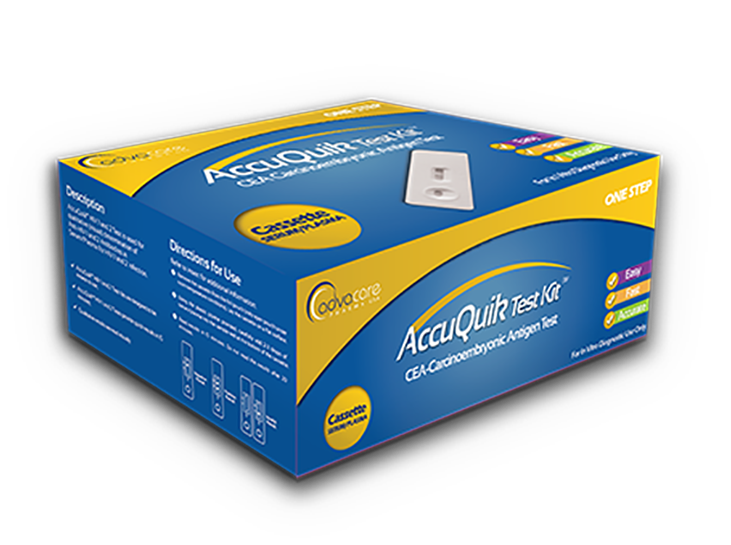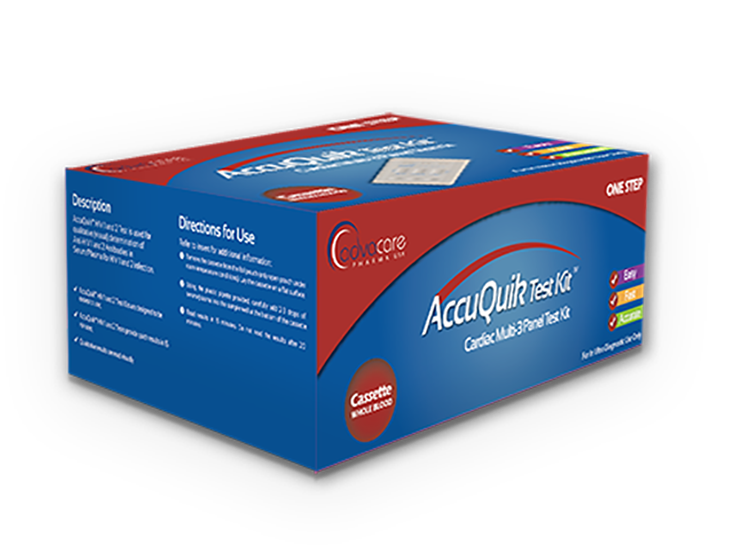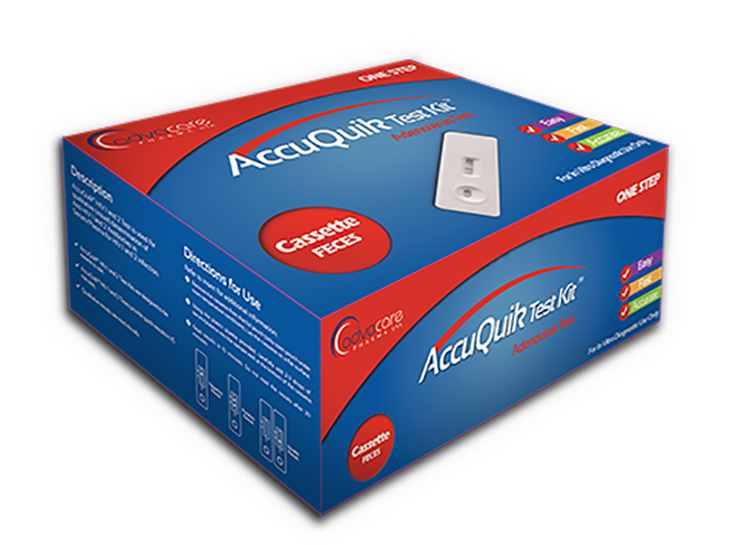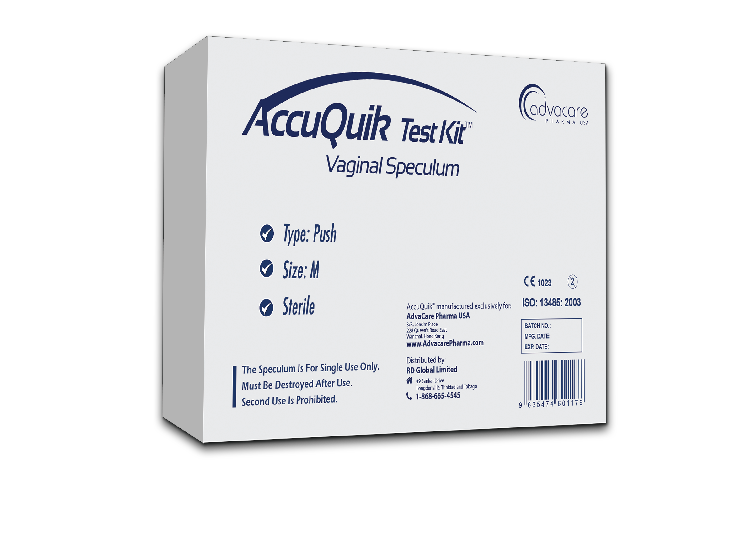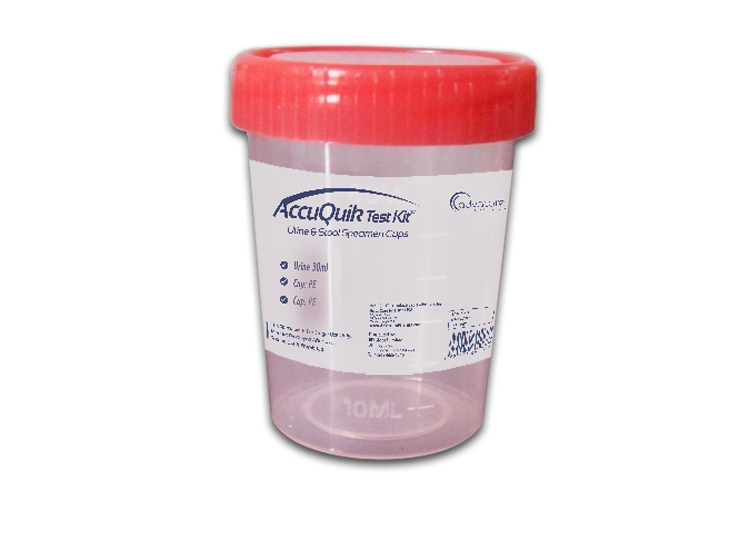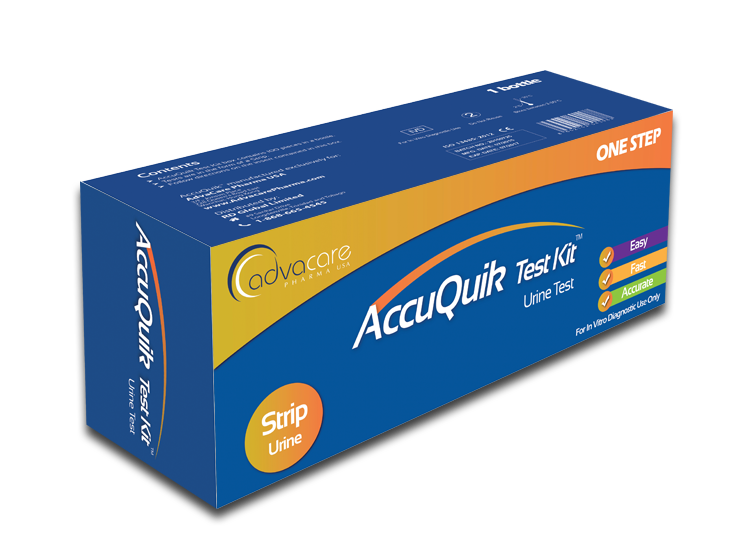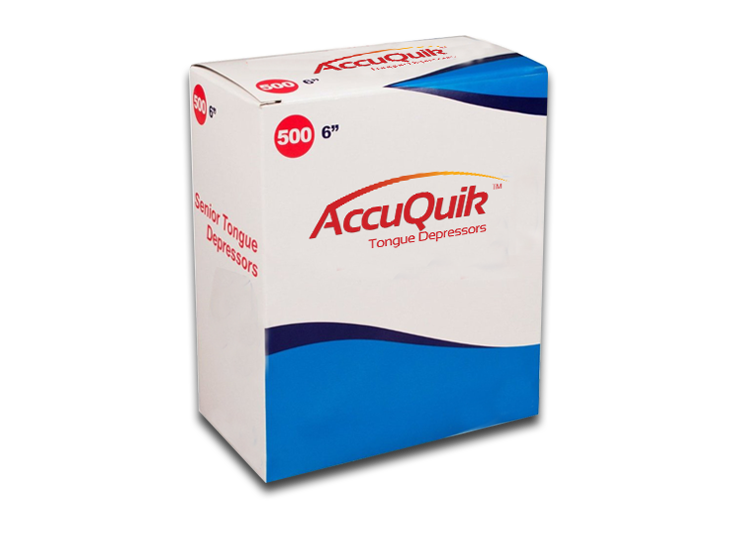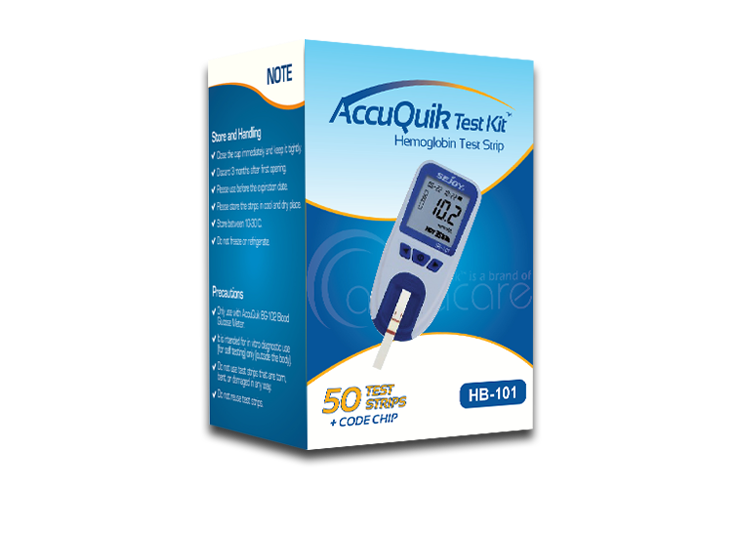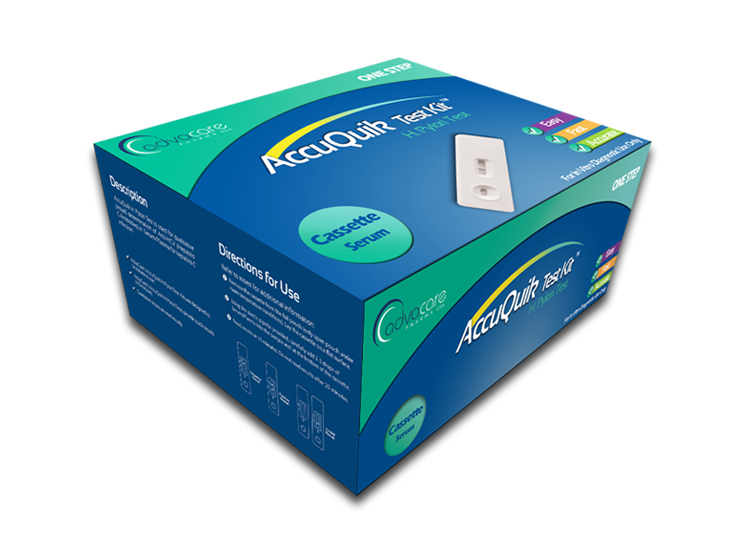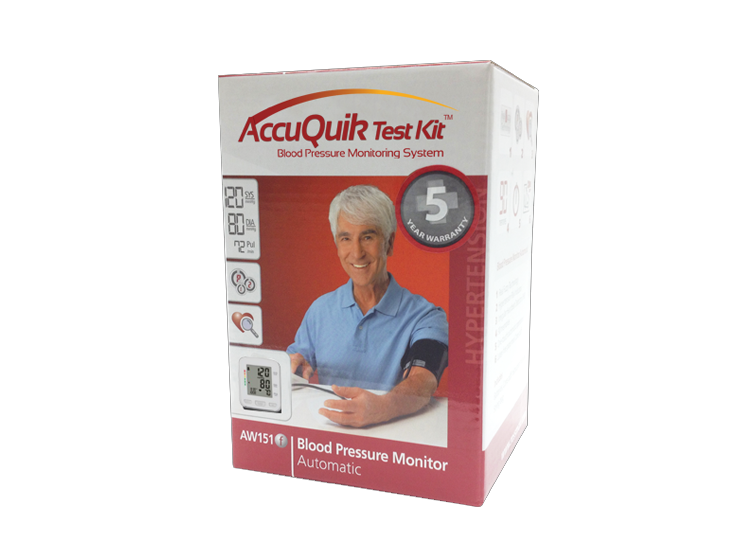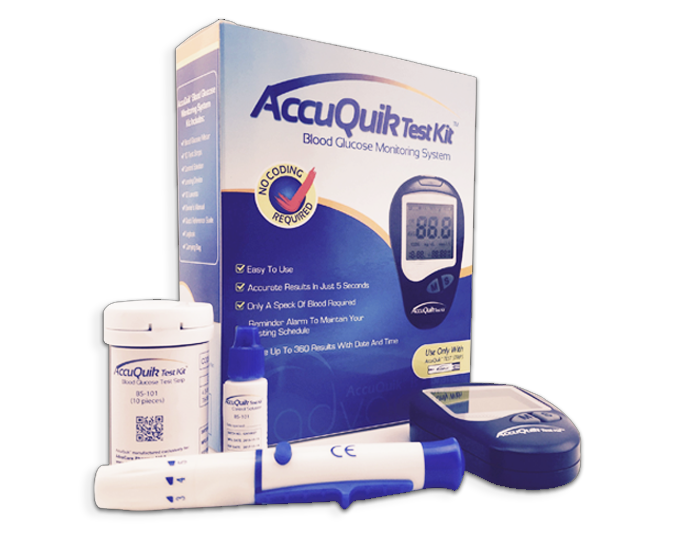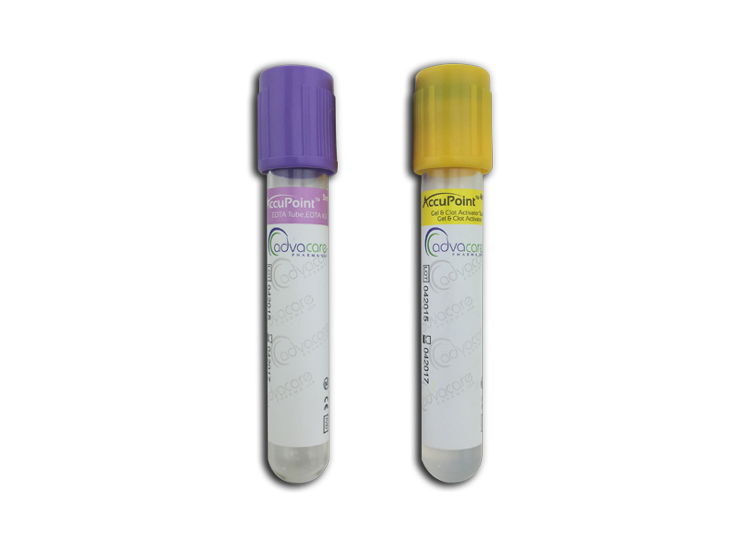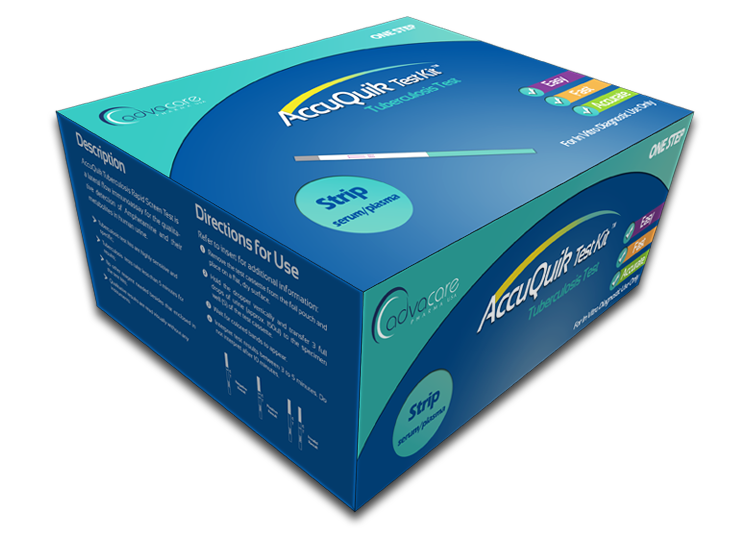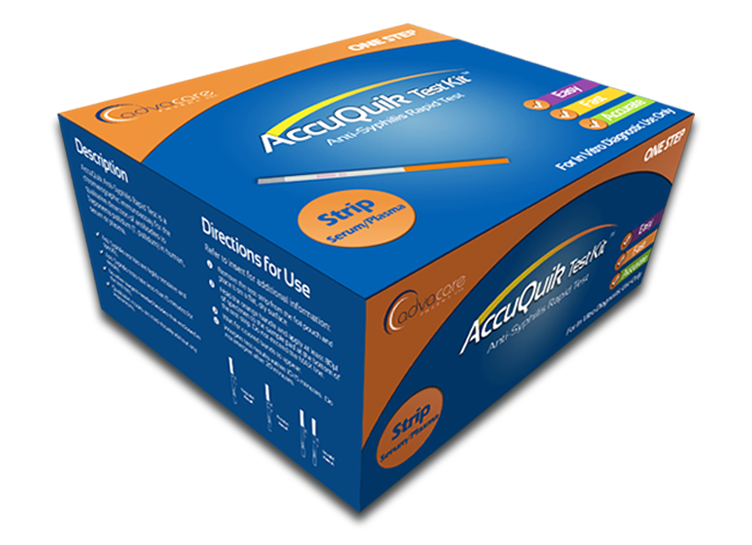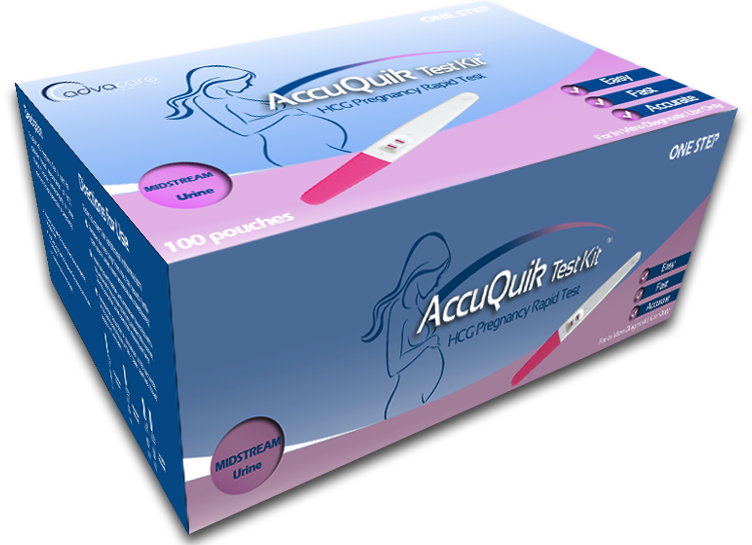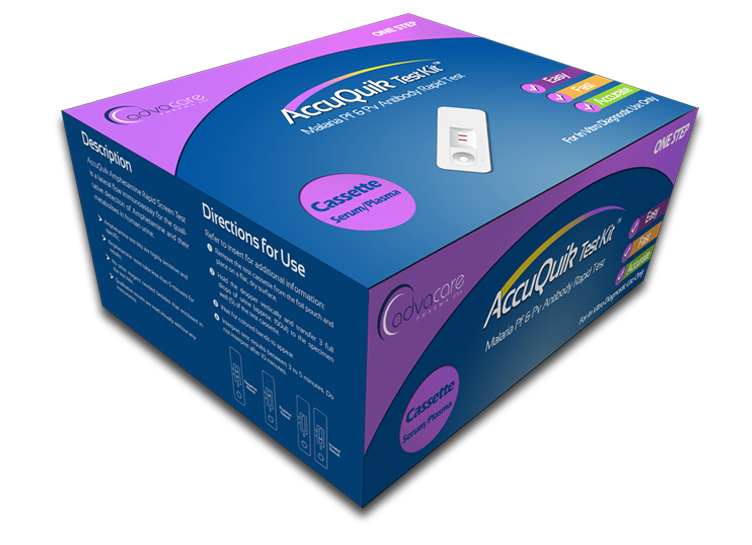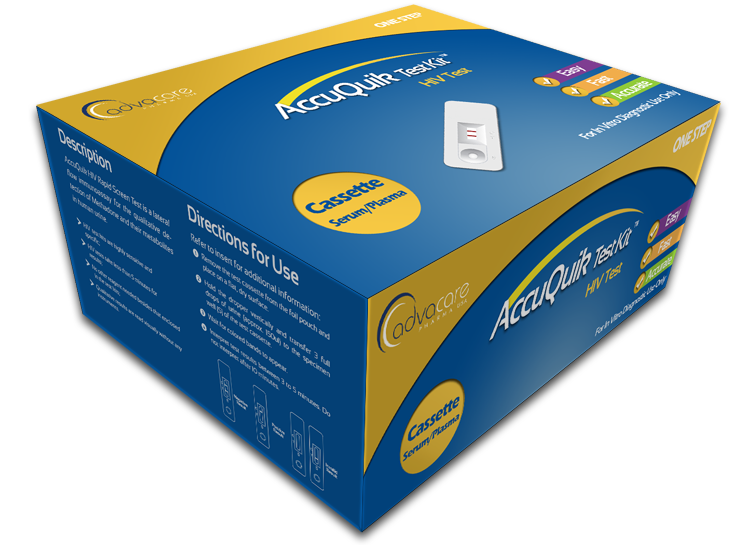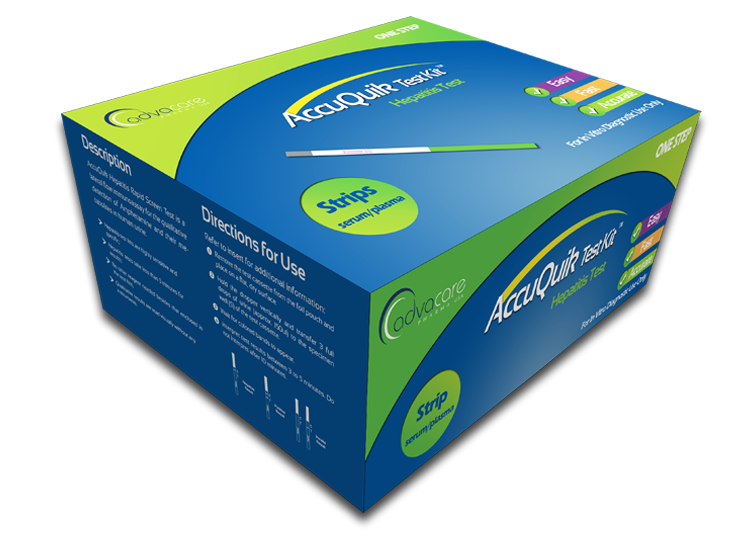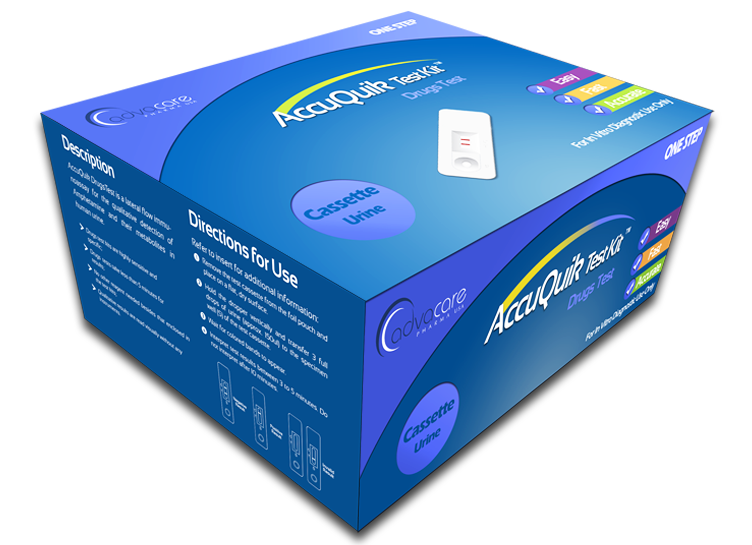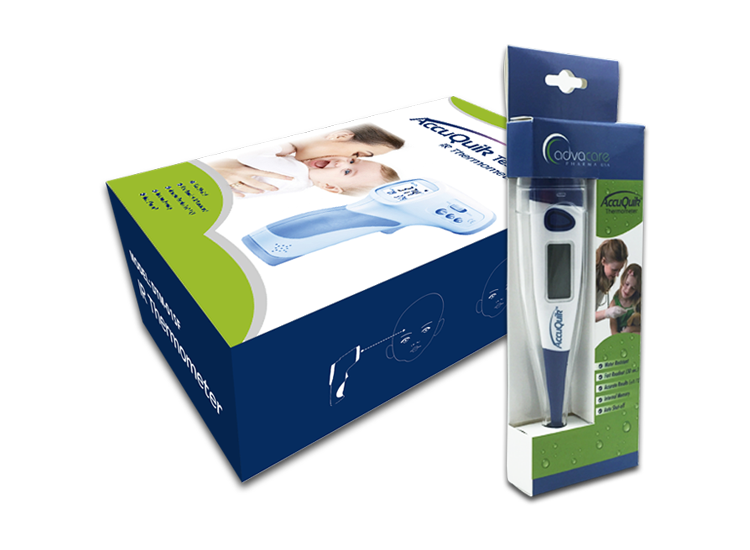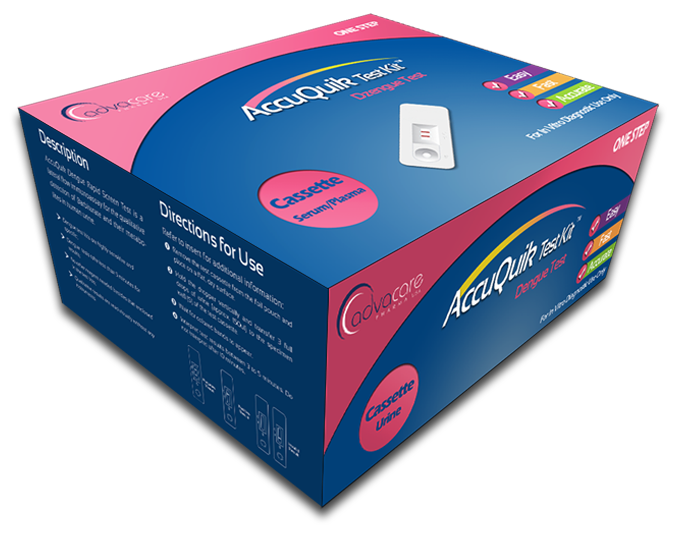More Information about the cTnI Troponin I Test Kit
AccuQuik™ promotes the use of cTnI Troponin I Test Kit.
cTnI Troponin I
Available as cassette
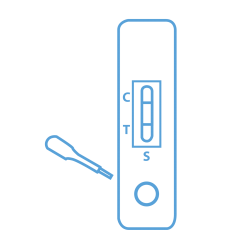
cTnI Troponin I Test Kit diagnostic test detects cardiac troponin I in blood, plasma, or serum using a colloidal gold/antibody conjugate-based immunoassay. The test kit is used to evaluate acute myocardial infarction (heart attack) by the measuring of troponin I. When the specimen is placed, red blood cells react with biochemical reagents and is bound to the sample pad. The cTnI (cardiac specific Troponin I) attached to a gold-antibody conjugate forming a gold-antibody-antigen complex. It then reacts with three anti-cTnI monoclonal antibodies in the test region. Pink color will appear when cTnI concentration is greater or equal than 1.5ng/ml, indicating a positive result. When no colored line appears, cTnI is not present in the specimen indicating a negative result. A control line shows that the amount of sample was right. AccuQuik™ promotes the use of cTnI Troponin I Test Kit.
The Disease
Cardiac Troponin I
Troponins are a group of proteins regulating muscular contraction in skeletal and heart muscle fibers. There are three types of troponins – troponin I, troponin T, and troponin C. Troponin I prevents myosin from binging to actin in relaxed muscle. When calcium binds to troponin C, a conformational change occurs and causes dislocation of troponin I. cTnI or the cardiac troponin I is usually used to identify individuals who have experienced damage to the heart. The concentration of cTnI is normally low in the blood, but is released when damage occurs in the heart muscle cells. A higher concentration of cTnI in the blood can indicate bigger damage in the heart. Thus, the test to determine cTnI levels is often used to determine if an individual has suffered a heart attack or has other forms of heart injury.
Treatments
In the occurrences of a heart attack, immediate treatment must be carried out to minimize heart damage and address blockages. Treatments can include the use of both drugs and surgical procedures. Control of blood pressure by reducing hypertension is important to decrease the risk of recurrence. Lifestyle changes are usually recommended, but prescription of medications is often used. Generally, drugs that help with the heart to increase and synchronize contractions, as well as antiarrhythmics, are prescribed. Other medications might include beta blockers, ACE inhibitors, anticoagulants, antiplatelet, and drugs that help dissolve blood clots. Medical procedures such as angioplasty or coronary artery bypass grafting might also be recommended for the patients.

